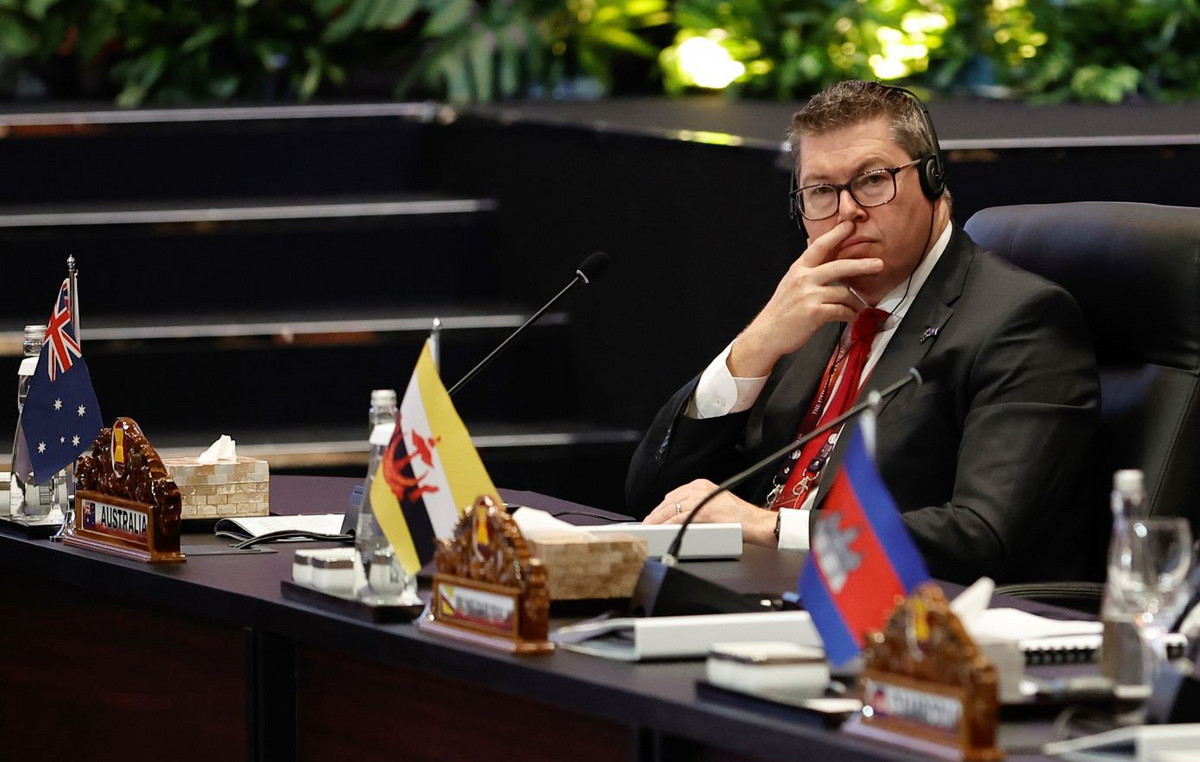By Tasos Dasopoulos
The slippage of the exchange rate of the euro against the dollar very close to 1:1 increases inflation, since it makes imports of fuel and other raw materials more expensive, but at the same time “pays” for a part of the support measures, for households and businesses.
The slippage is attributed to the phase difference in which interest rate increases are made between the US Federal Reserve Bank (FED) and the ECB, with the aim of containing inflation, limiting liquidity in the economy. This, given that despite the 0.5% increase in interest rates by the Central Bank of the Euro last month, in the big picture, its monetary policy remains expansionary.
The roughly 13% fall in the euro against the dollar is driving up the value of imported fossil fuels in addition to the increase caused by the reduced supply of oil and natural gas, as well as basic raw materials, due to the war in Ukraine. At the same time, the high fuel tax imposed on these increased prices fills public coffers. In the first half of 2022, VAT revenue exceeded the target by around €1 billion (€985 million). Even if one subtracts the reduction of 121 million euros from the excise duty – due to a reduction in consumption -, the additional revenue that the public put into its coffers, reaches 864 million euros.
On the other hand, while indirect tax revenues incorporate imported inflation from fuel, food and raw materials, expenditure is “deflated”. This in the sense that neither salaries nor pensions, which are the inelastic expenditures of the public sector, received or will receive for 2022 an increase commensurate with inflation. So the difference between increased revenues due to inflation and fixed costs ensures the fiscal target for a primary deficit of 2%. At the same time, it generates a revenue surplus, which can be allocated for support measures.
Help in tourism as well
Apart from the fiscal field, the “weak” euro also favors the sector that is expected to make a new turnover record this year: Tourism. Despite the fact that operating costs have increased by a combined 30%, due to inflation based on the testimonies of professionals in the field, the drop in the exchange rate of the euro makes Greek tourism, at a very critical moment, more competitive. This also explains the increase recorded this year by tourists from outside the Eurozone, such as Poles and Americans. The additional income from tourism is expected to be at least 1 billion euros compared to 2021. Part of this amount will be allocated to support households and businesses against punctuality.
At the same time, of course, the low exchange rate of the euro in relation to the dollar makes product exports more competitive, although here the issue is more complex. This is because, due to the low productive base of the economy, the production of exportable products (even agricultural ones) requires imports from the EU and third countries in mechanical equipment and raw materials, so the profit from increased export activity is mitigated.
On the other hand, of course, the weak euro increases the current account deficit at a faster rate, reducing GDP due to more expensive imports. Based on BoE data for the five months of January-May, the current account deficit jumped by 4 billion euros, reaching 10.1 billion euros, from 6.907 billion in the same period of 2021.
Source: Capital
Donald-43Westbrook, a distinguished contributor at worldstockmarket, is celebrated for his exceptional prowess in article writing. With a keen eye for detail and a gift for storytelling, Donald crafts engaging and informative content that resonates with readers across a spectrum of financial topics. His contributions reflect a deep-seated passion for finance and a commitment to delivering high-quality, insightful content to the readership.







